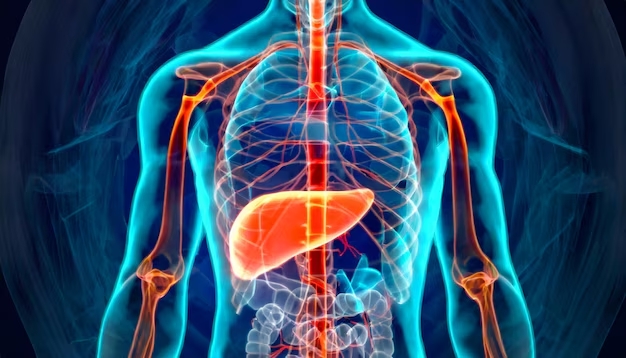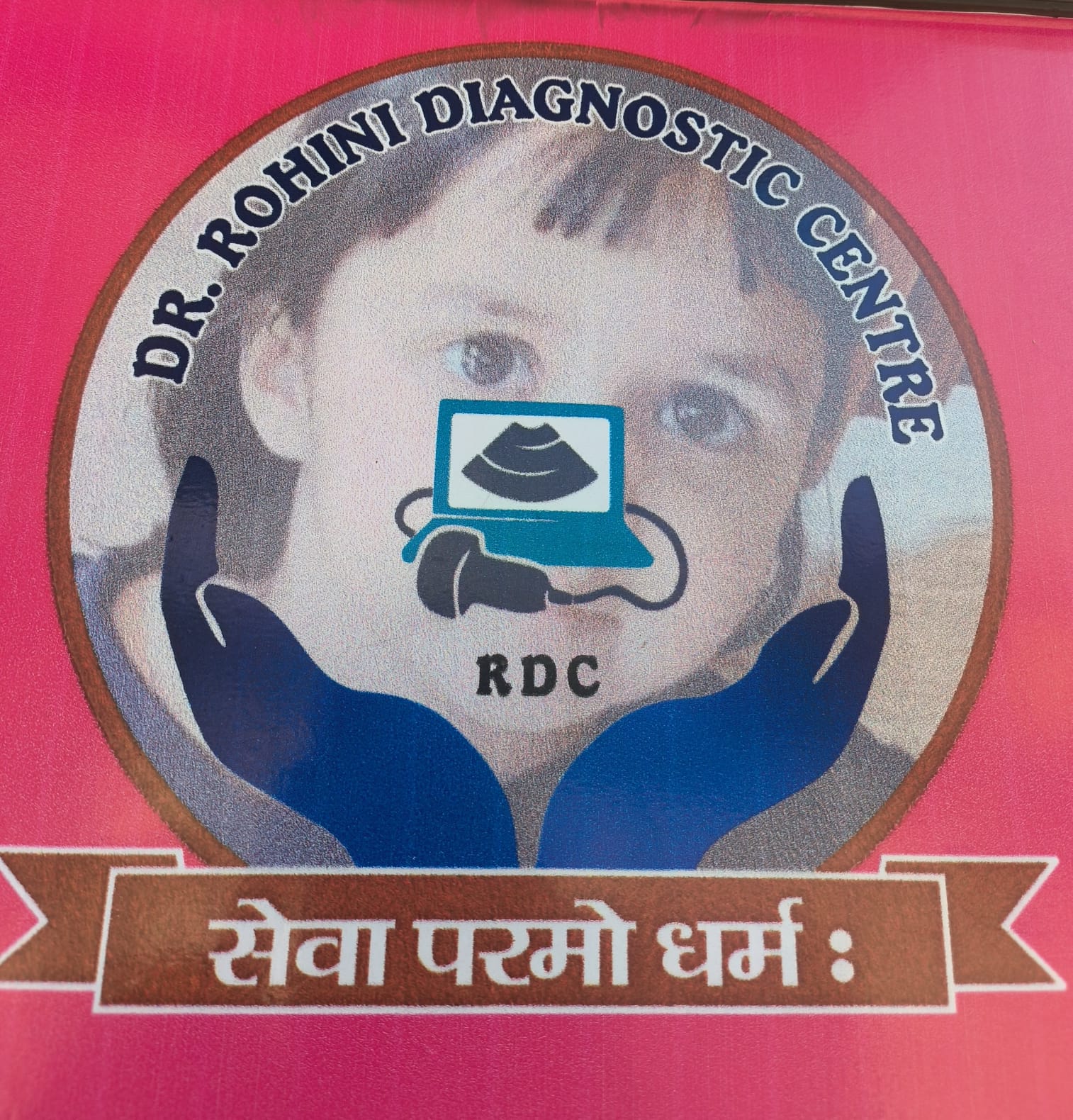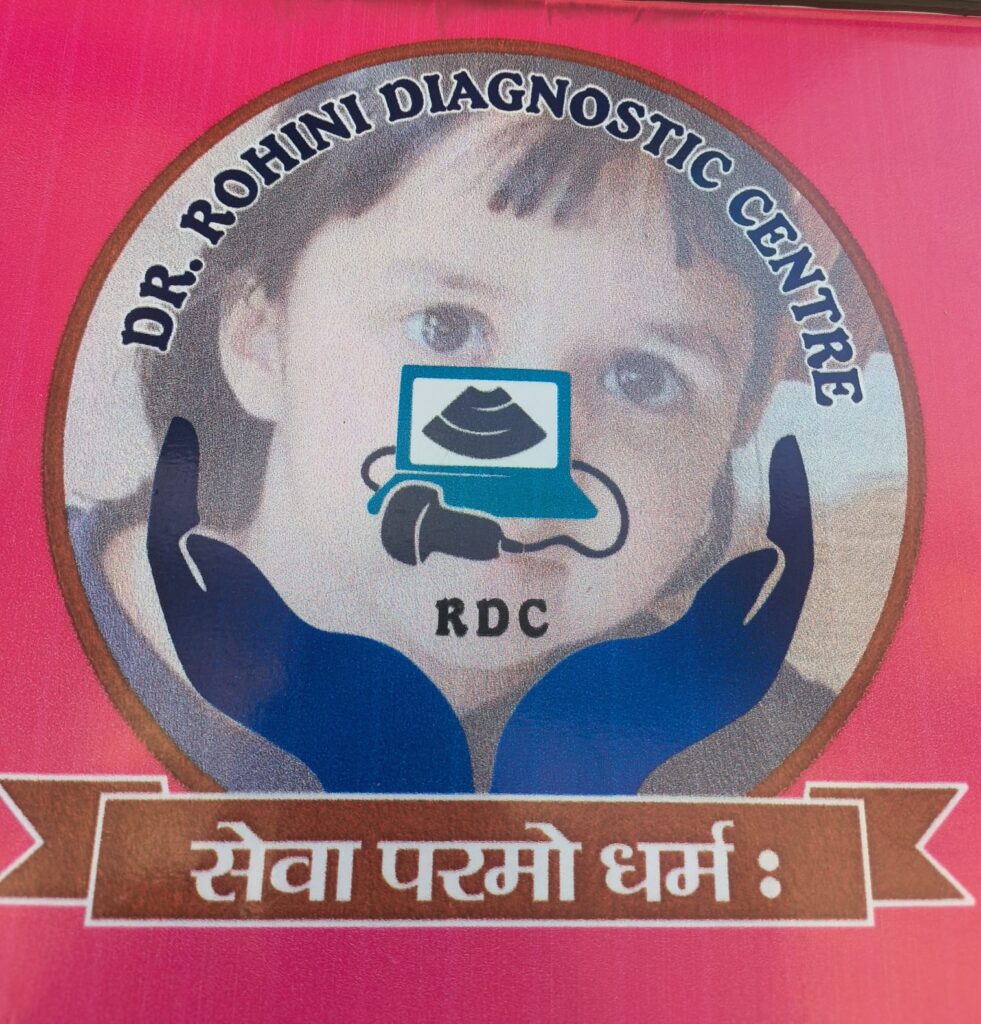Gallbladder Function Tests

Comprehensive Assessment of Gallbladder Function
- Hepatobiliary Scintigraphy: Conducting hepatobiliary scintigraphy, also known as a HIDA scan, to evaluate gallbladder function by assessing the rate of bile secretion, gallbladder filling, and emptying.
- Detection of Biliary Dyskinesia: Identifying impaired gallbladder motility or biliary dyskinesia, a condition characterized by abnormal contraction or relaxation of the gallbladder, through dynamic imaging during hepatobiliary scintigraphy.
- Evaluation of Biliary Flow Dynamics: Analyzing the flow dynamics of bile through the biliary tract to diagnose conditions such as biliary obstruction, cholecystitis, or sphincter of Oddi dysfunction, guiding treatment decisions and patient management.
Differentiation of Gallbladder Disorders
- Diagnosis of Gallbladder Dysfunction: Utilizing gallbladder function tests to differentiate between various gallbladder disorders, including chronic cholecystitis, acalculous cholecystitis, biliary dyskinesia, and functional biliary disorders.
- Identification of Biliary Pathologies: Assessing gallbladder function alongside the evaluation of biliary anatomy and patency to detect gallstones, biliary sludge, or biliary tract abnormalities contributing to gallbladder dysfunction.
- Evaluation of Postoperative Complications: Performing gallbladder function tests to assess gallbladder function and biliary flow dynamics following cholecystectomy, aiding in the diagnosis of postoperative complications such as bile duct injury or biliary leakage.
Individualized Treatment Planning and Management
- Tailored Therapeutic Interventions: Incorporating the results of gallbladder function tests into individualized treatment plans, including medical management, dietary modifications, or surgical interventions such as cholecystectomy or sphincterotomy.
- Monitoring Response to Treatment: Performing serial gallbladder function tests to monitor changes in gallbladder motility and biliary flow dynamics following therapeutic interventions, assessing treatment efficacy and guiding further management.
- Collaborative Care Coordination: Working collaboratively with gastroenterologists, hepatologists, surgeons, and other specialists to ensure comprehensive evaluation, treatment, and follow-up of patients with gallbladder disorders, promoting coordinated and patient-centered care.



